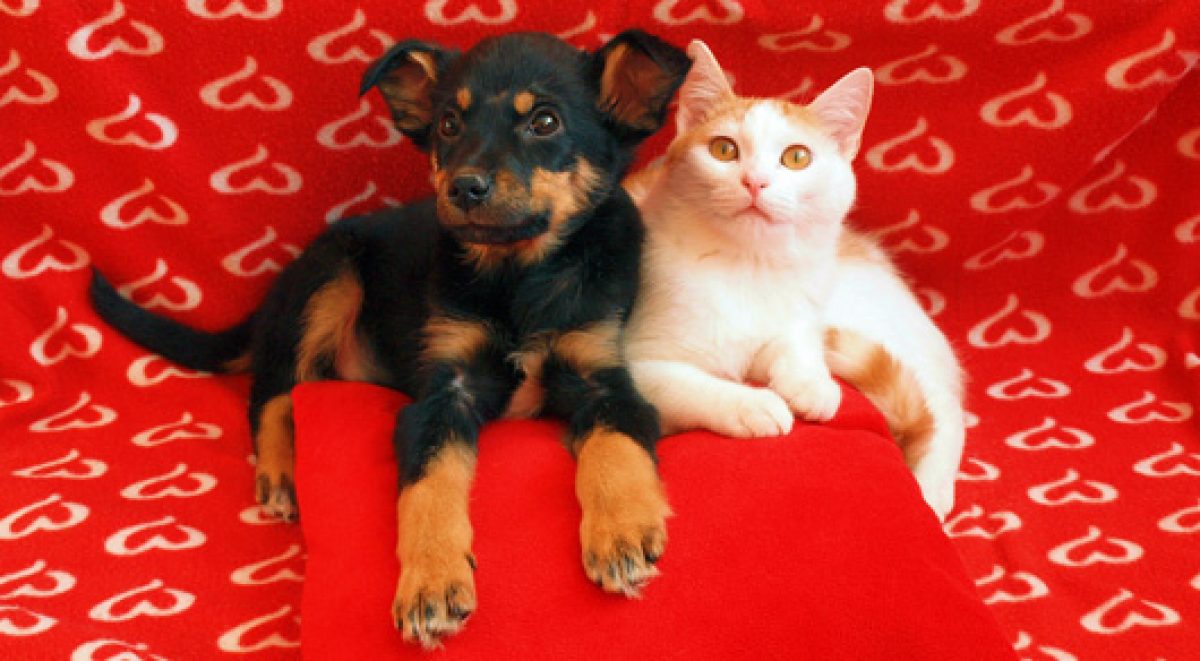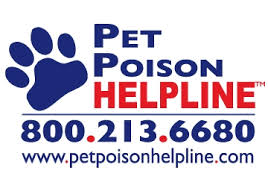Pets are curious creatures, as you may have realized if you have a few of your own. They want to figure out exactly what new object is making that noise or giving off that smell. So, in observance of this awareness month, we here at the Veterinary Medical Clinic thought it would be a good idea to identify common hazards in the different rooms in your household. For any questions, comments, or concerns, please give us a call! We are always prepared to help you fully protect your best friends!
The Living Room:
- Many plants can be dangerous, and possibly fatal, to your pet’s health. For a full list of poisonous plants, visit our February Post on Valentine’s Day safety!
 http://vetmedclinic.net/safe-valentines-day-for-your-pets/
http://vetmedclinic.net/safe-valentines-day-for-your-pets/
- Home fragrance products, such as candles, scentsy pots, and potpourri, can cause a range of burns if they encounter them or ingest any liquids. Make sure to keep them out of reach!
- Aerosols and heavily scented products should not be sprayed around caged birds. They are very sensitive to airborne products.
- Make sure the room is well vented before spraying Lysol and spray very little.
- Ashtrays and products containing nicotine, such as chewing gum and patches, should be placed out of sight and reach of pets. Even a tiny amount could be fatally poisonous to your pet(s).
- Keep batteries, remotes, and cell phones away from dogs that are prone to chewing on things. Serious chemical burns could occur.
- Watch where you throw that purse! From personal experience, pets are big on digging things out and chewing them up. Potentially harmful products could be contained inside, such as cigarettes, medications, and chewing gum.
The Kitchen:
- Keep human food contained! Many common snacks and ingredients are dangerous to pets; such as, raisins, grapes, chocolate, onions, and garlic.
- Hide your trash cans, as many tossed products are tempting and toxic if ingested.
The Bathroom:
- Make sure all medications are kept in shut medicine cabinets or cupboards. Do NOT offer any human medication to your pets without first contacting the veterinarian.
- Keep your cleaning products safely tucked away. Lock your pets out after cleaning to avoid excess contact with fumes and possible wet areas.
The Garage:
- Make sure spills of ANY KIND are cleaned up immediately and diluted with several gallons of water and avoid leaving any empty bottles lying around. Antifreeze, windshield wiper fluid, and many other products are fatal if ingested. Chemical burns are possible on paws.
- Keep glue out of reach! If ingested, certain kinds of glue (even in small amounts) will expand and cause blockage and excessive organ pressure. Surgery would be required to attempt to reverse the situation.
The Yard/Garden:
- Close bags of fertilizers and keep herbicides out of harms way. Make sure to wait the recommended amount of time before letting your pets outside after spraying the yard.
- Pick up pointy twigs and objects in the yard to prevent your pet from being impaled.

